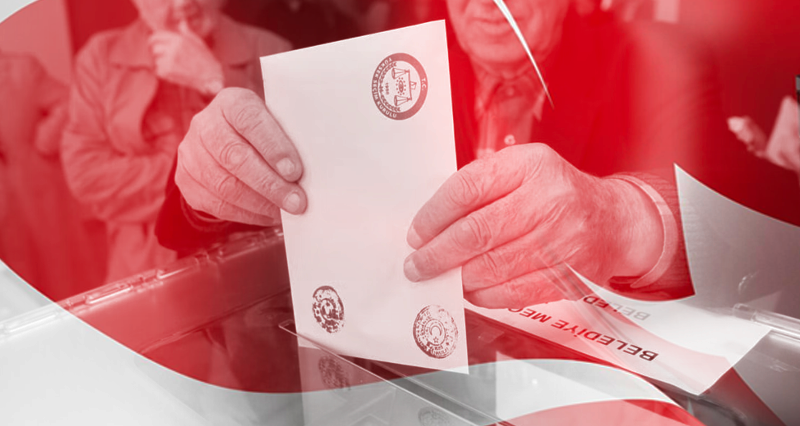As the elections approach, we are going through a period that makes it difficult to understand what’s going on in Turkish politics, especially after the earthquake disaster.
The AKP government under Recep Tayyip Erdoğan’s leadership has been in power for 21 years.
The government’s ‘balance policy’ and the opposition’s ‘messages’ to the West
Starting out with a liberal, pro-Western and conservative discourse in domestic politics, AKP has reversed course in direction of more cooperation with neighboring countries and Asia, in particular stepping up after the US-backed coup attempt in 2016.
But in doing so, the AKP refrained from burning bridges with the West as a policy named “balance policy”. There are strong evidences for this stance, such as the ongoing membership in NATO, cooperation with European countries over migrants, frequent ‘normalization signals’ given to the US.
On the other hand, the AKP has engaged in cooperation of strategic importance with neighboring countries, Russia being in the first place. Cooperation with Russia in nuclear energy, policies to circumvent embargoes against Russia and Iran despite Western pressure, and the will to find a solution to the Syrian conflict with Russia and Iran; these are embodiments of that policy.
In parallel with these developments, the AKP has partially compromised on liberal policies and turned towards what can be called nationalist policies in domestic politics.
The emphasis on the unitary state intensified, and policies in accordance with the “red lines” of the Turkish state were implemented on issues such as the Cyprus question and the fight against terrorism.
Throughout this shift of AKP and Turkish state, the main opposition party Republican People’s Party (CHP) and the political entities clustered around it embarked on pro-Western and liberal moves to fill the political space vacated by AKP in relations with the West.
This strategy of the opposition can be interpreted as a consequence of the proposition that “the one having good relations with the West comes to power”, which has been taken for granted in Türkiye since 1950s (Türkiye joined NATO in 1952).
In this context we can say that the opposition has failed to analyze the prevailing tendency in the world – which is moving toward multipolarity and the US is losing power.
Yet, it is worth noting that there are large segments within the opposition parties and their grassroots who oppose the West.
During this transformation AKP did not compromise on conservative policies and protecting the capital groups that it has built up.
Earthquake, nationalist votes and the quest for a new path
Likewise the AKP has applied the principle of “loyalty to the cause rather than merit” in state and bureaucratic positions, appointing people close to the party instead of educated and qualified ones.
Lack of competence has caused problems almost in all institutions.
In the earthquake disaster, the failure of Disaster and Emergency Management Presidency (AFAD), which is established by AKP, the Turkish Red Crescent (Kızılay) and similar institutions has raised public outcry.
Despite the mistakes made, executives who arrogantly denied responsibility, let alone resigning, were the last straw for large segments of society.
The slogans of “government resignation” in the football stadiums can be seen as a consequence of these.
It is obvious that the opposition and Western countries, which are concerned about Erdoğan’s positive foreign policy, especially towards Russia, are trying to exploit the usual public outcry against wrong policies.
But even if they do not approve of the government’s erroneous policies, citizens with nationalist views – who constitute the largest segment of the Turkish electorate – are uncomfortable with the plans of the West on Türkiye and the opposition’s willingness to play a role in these.
All in all the primary politics of both blocs in the elections on May 14 will be shaped around the persuasion of the nationalist votes seem like yet undecided.
Stuck between the 21 year weary Erdoğan and the main opposition demanding power from the West, the silent majority is still waiting for another path to open up.









Leave a Reply